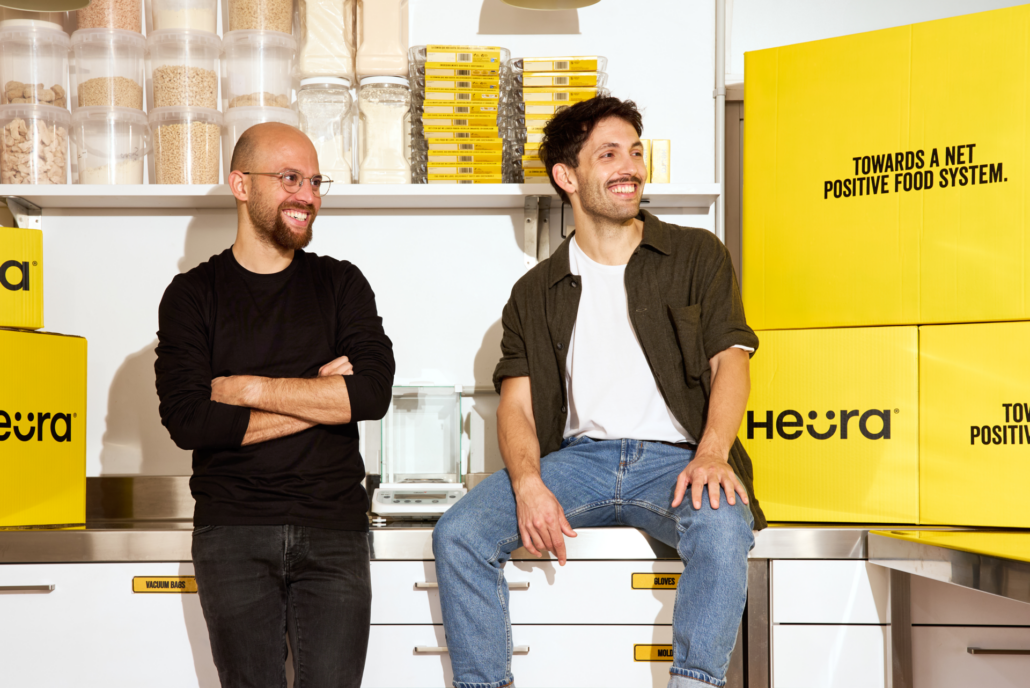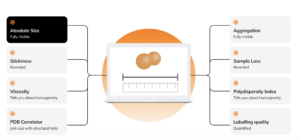
Spanish plant-based protein producer Heüra Foods closes Series B financing
Spanish Food tech Start-up Heüra Foods secures €40m in Series B financing round to expand product distribution.
Barcelona-based food tech start-up Heüra Foods Srl has cashed in €40m in a Series B financing round supported by Dutch Upfield Holdings BV, Unovis Asset Management (NewYork), the food tech funds of the European Circular Bioeconomy Fund (Bonn, Germany), and Belgian New Tree Impact.
Heüra Foods develops plant-based meat alternative that are aimed at sustainably changing the current food system and target the global protein transition. Heura aims to lead growth in the alternative protein sector in Spain, it is consolidating its presence in key markets such as the UK, France and Italy. Its Mediterranian plant-based meat substitute portfolio has been for long been consisting of convenient food products made by high moisture extrusion from pea protein extracts, olive oil, a vegetable extract from beetroot, carrot, apple, as well as yeast ectract, flavourings and methylcellulose, plus vitamin B12 and ascorbate as an antioxidant: example comprise the Rainbow Sandwich. Heura Bao, Heura nuggets, Heura curry, Pad Thai with Heura and Heura Burger.
In 2022, Heüra’s revenue rised by almost 80% to €31.4m, up from €17.7m one year before, as it ramped up distribution outside Spain. The latest cash injection is aimed at making the company profitable and strengthening its position in the plant-based food market, which is currently on the downturn due to high price, taste and texture problems compared to traditional meat and second generation cultivated protein products in the development pipeline.
Based on its recently patented Good Rebel Tech, that prevents huge amounts of additives using process-controlled microstructure design, the company has launched vegan ham style slices and Frankfurter sausages last year. Our technology is a new way of texturizing plant-based proteins and lipids without extrusion enabling us to create clean label products in categories there were impossible until now, in a scalable and cost-effective way, explains CEO Marc Coloma. So for our ham, we don’t need to use additives [such as hydrocolloids] to bind the product together. We can also use [the new technology] for cheese, pasta and a range of other products.
However, Coloma, who co-founded Heüra Foods in 2017 together with Bernat Ananos Martinez, stated: “The investment shows us that our vision to be at the forefront of the protein transition in Europe is being recognised. To change the food system, we need to shift the pressure from consumers to the food industry and see health and sustainability as essential.”
According to Heüra Foods, its products enable “new nutritional values without additives” that can be applied to various vegan food categories, including sausages, meat and fish as well as dairy products. Remarkably, this ground-breaking method was first applied within just five months of submission of its patent application to develop the first additive-free ‘York-style’ product. This product has become the most rotated item per store/day in just three months.
Generally times seem to get harder for producers of cell-based meat producers but not for Heura, whose products are not subject to the EU Novel Food Regulation as extracted pea or soya protein is not regarded as a Novel Food. For Heura’s competitors, who are set to make cell-based meat products, times seem to be getting tougher. At the meeting of EU agriculture ministers, in mid-January Austria, Italy and France called for stricter approval rules for cell-based Novel Foods and presented a non-peer-reviewed study questioning the positive climate footprint of fermenter-produced proteins. With the initiative, which is supported by 10 other EU member states that together collect around two thirds of the approximately €55bn in EU subsidies for traditional agriculture every year, the initiators want to ensure that traditional agriculture is given priority over the increasingly popular cultured meat alternatives. As approval is granted arbitrarily by the EU member states following a successful safety review by the EU authority EFSA, the 13 member states could block the market approval of the new products in the so-called PAFF Committee in future for political reasons or delay them indefinitely by tightening up the approval procedure. Innovative EU start-ups serving the new multi-billion euro market are already reorienting themselves internationally. Market approval is being sought in countries such as Singapore, the USA and Israel, which have a four times faster approval process than the EFSA + PAFF combo. According to the cultivated food lobby organisation GFI Europe, the discussion paper published by Austria, Italy and Spain on ocassion of the EU Agrifish Council is based on non-verified of false information that ignores a huge part of scientific literature.
Alongside Spain, Denmark in particular is promoting plant-based protein: €169m euros have already been invested in a plant-based cluster. With an investment of £2bn over 10 years, the UK is concentrating more on biomanufacturing using microbial production strains and cell-based processes.


 University of Geneva
University of Geneva FIDA Biosystems ApS
FIDA Biosystems ApS adobe stock photos - deemerwha
adobe stock photos - deemerwha